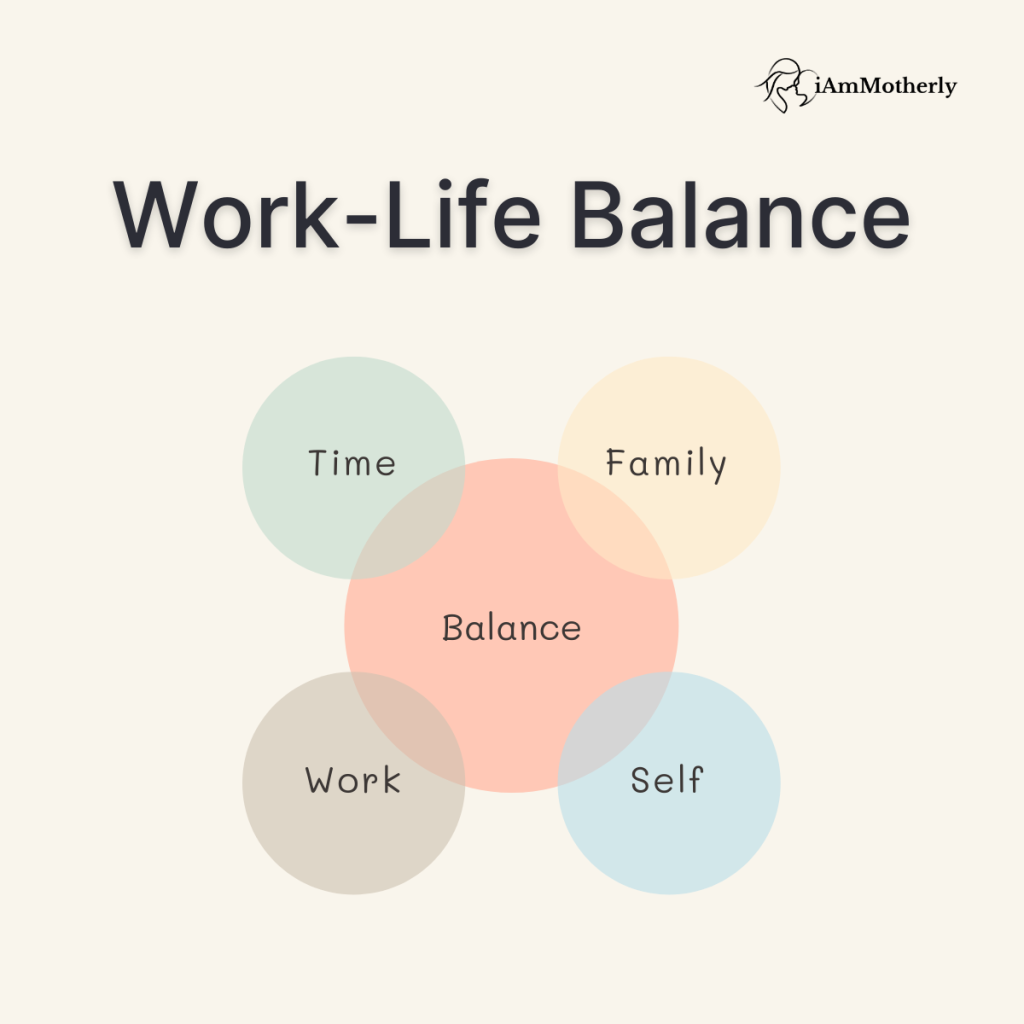Effective management is crucial in both personal and professional settings, and two key aspects of management are energy and time. While they may seem interchangeable at first glance, energy management and time management are two distinct concepts that play a crucial role in achieving success and productivity.
Energy management is all about maximizing and sustaining one’s physical, mental, and emotional energy levels throughout the day. Just like a battery, our energy levels fluctuate throughout the day, and it is crucial to manage and recharge them effectively in order to maintain productivity and overall well-being.
On the other hand, time management focuses on how one allocates and utilizes their time effectively in order to achieve their goals and objectives. It involves prioritizing tasks, setting goals, and creating a schedule that allows for the most efficient use of time.
While both energy management and time management are important factors in achieving success, it is essential to understand the differences between the two concepts and how they complement each other.
Energy Management: The Key to Sustainable Productivity
Energy management is often an overlooked aspect of personal and professional success. Many people focus solely on managing their time without considering the importance of managing their energy levels as well. However, energy management is crucial for maintaining sustainable productivity and overall well-being.
Physical energy is the foundation of all other forms of energy, and it is essential for performing everyday tasks, whether it be at work, at home, or in other areas of life. Without sufficient physical energy, it is challenging to stay focused, motivated, and productive throughout the day.
Mental energy is equally important, as it determines our ability to think critically, solve problems, and make decisions. It is essential to manage mental energy effectively in order to avoid burnout and maintain mental clarity and focus.
Emotional energy is often overlooked but plays a crucial role in overall well-being. Managing emotional energy involves understanding and regulating our emotions, as well as practicing self-care and stress management techniques in order to maintain a positive mindset and emotional balance.
Effective energy management involves several key strategies, including prioritizing self-care activities such as exercise, proper nutrition, and adequate rest. It also involves setting boundaries, practicing mindfulness, and managing stress in order to prevent energy depletion and burnout.
Time Management: Maximizing Productivity and Efficiency
Time management is all about maximizing productivity and efficiency by allocating and utilizing one’s time effectively. It involves setting goals, prioritizing tasks, creating schedules, and eliminating time-wasting activities in order to achieve desired outcomes.
Time management is crucial for achieving success in both personal and professional settings. By effectively managing time, individuals can increase productivity, reduce stress, and achieve their goals in a more efficient manner.
Key time management strategies include prioritizing tasks based on importance and deadlines, setting specific and achievable goals, creating a schedule that allows for focused work periods and breaks, and eliminating distractions that can hinder productivity.
Another important aspect of time management is delegation. By delegating tasks to others who are better equipped to handle them, individuals can free up time to focus on more important and high-priority tasks.
Energy Management vs. Time Management: Striking a Balance
While both energy management and time management are important aspects of personal and professional success, striking a balance between the two is crucial for achieving sustainable productivity and overall well-being.
On one hand, time management is essential for maximizing productivity and efficiency, as it allows individuals to allocate their time effectively in order to achieve their goals and objectives.
On the other hand, energy management is equally important for maintaining sustainable productivity and well-being, as it ensures individuals have the physical, mental, and emotional energy needed to perform tasks effectively throughout the day.
Striking a balance between energy management and time management involves integrating both concepts into one’s daily routine. This may involve setting specific times for tasks that require high levels of energy and focus, as well as incorporating regular breaks and self-care activities to recharge and rejuvenate.
Key strategies for striking a balance between energy management and time management include prioritizing self-care activities, practicing mindfulness and stress management, setting boundaries, and delegating tasks when necessary.
Ultimately, achieving success and maintaining sustainable productivity requires a holistic approach that incorporates both energy management and time management. By striking a balance between the two concepts, individuals can maximize their productivity, maintain overall well-being, and achieve their goals in a more efficient and effective manner.

